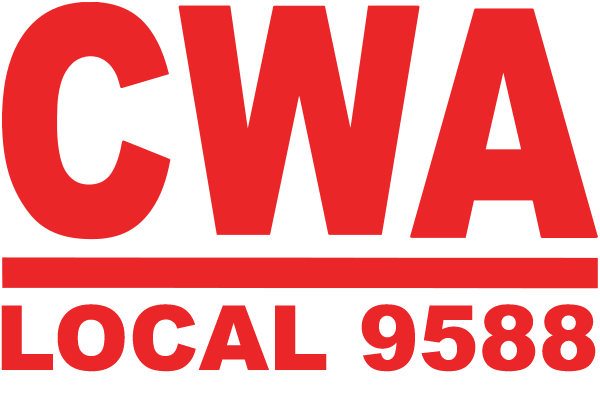Your Union Rights
Workers have a crucial right to immediate representation in any situation that involves actual or potential disciplinary action. This is an essential piece of knowledge for both stewards and members.
When a member is summoned to the boss’s office and is asked a question, they should first ask, "Could this meeting lead to discipline?" If the boss indicates that it might, the member has the right to request the presence of their steward before proceeding.
This request is entirely legal. All union members should exercise this right if they’re being questioned by management about anything that could result in disciplinary action. Management is obligated to honor this request.
Understanding Weingarten Rights
This right stems from a 1975 U.S. Supreme Court decision which established that workers have the right to union representation during meetings where they might face disciplinary action. These rights, known as Weingarten Rights, are named after the case that set this precedent. It's important for all union members to be aware of these rights.
It's worth noting that public employees may not be covered under the National Labor Relations Act, but they are often protected by similar state or federal regulations. Public employees should familiarize themselves with the specific protections available in their state, which may be similar to Weingarten Rights.
A key part of a steward's role is to prevent management from intimidating workers, especially when a boss is trying to get a worker to admit to wrongdoing. However, Weingarten Rights are only useful if workers are aware of them; the onus is on the worker to assert this right, as the boss is not required to inform them.
From Conversations to Closed-Door Meetings
Stewards should ensure that members understand the importance of requesting union representation in any discussion with management that could potentially lead to discipline. This request can be made at any time during the conversation.
A member might say something like, "If this discussion could lead to disciplinary action or affect my working conditions, I request the presence of my steward or a union officer. Without representation, I choose not to answer any questions. This is my legal right."
Even a statement close to this will suffice. Once this request is made, any further questioning by management without a steward present is illegal. If a boss denies the request for representation, it constitutes an unfair labor practice, and the member has the right to refuse to answer any questions.
Taking Initiative as a Steward
If you observe a worker in a meeting or conversation with management where disciplinary action could arise, you should step in, even if the worker hasn’t requested your presence. It's part of your responsibility to ensure you’re involved in such meetings.
Upon arrival, clarify the issue at hand, then take a few minutes to speak privately with the member. Advise them to be cautious with their answers, as anything they say could be used against them. Encourage them to keep their responses brief and stay composed, and remind them that they have the union's support.
Role of Stewards During Meetings
During these meetings, you should take notes on what is said and who says it. This not only helps you keep track of the facts but may also make management think twice if their case is weak.
As a steward, your responsibilities include:
Preventing the boss from harassing or intimidating the worker.
Asking the supervisor to clarify questions that may be unclear.
Advising the worker on how to respond.
Providing the boss with additional information after the worker has responded.
Requesting a break if you need more time to speak with the member privately.
Asking for the meeting to be postponed if new information requires further investigation or preparation.
Understanding Limitations
It’s important to remember that as a steward, you cannot negotiate the subject of the meeting, and you cannot instruct the worker to lie or refuse to answer questions. Refusing to answer can itself be grounds for discipline.
If the worker’s usual steward is unavailable, another steward or union officer can step in. Workers also have the right to request a specific union representative if both are equally available.
Additional Considerations
If a worker is asked to provide information about another employee, they also have the right to request a steward, as failing to answer could lead to discipline, thereby invoking their right to representation.
Workers are not allowed to leave the interview, but they can refuse to answer questions until their representation arrives. They must remain in the meeting until management gives them permission to leave.
Management can have private conversations with workers that do not lead to discipline, such as issuing a warning. However, workers should recognize that even a casual conversation with a supervisor that seems harmless could escalate, in which case they should request a steward.
Representation for Everyone
Local officers and stewards are also entitled to representation, despite what some employers may suggest. All union members, regardless of position, have this right.
Weingarten Rights are a powerful tool for protecting members' rights, but they only work if they are actively enforced in the workplace.
In addition, CWA members may obtain information and assistance by contacting the:
CWA Occupational Safety and Health Department, 501 Third Street, N.W. Washington, D.C. 20001-2797 Phone: (202) 434-1160.
Read more at: http://www.cwa-union.org/pages/Right_to_Refuse_Unsafe_Work
